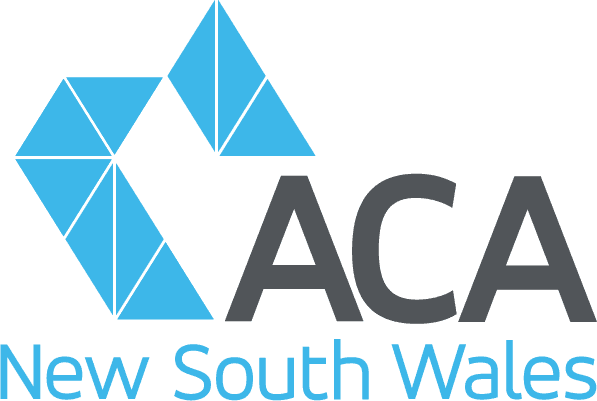Australia’s Early Learning and Childcare industry plays a pivotal role in shaping the futures of our youngest citizens. With an increasing number of families relying on childcare services, the industry has witnessed significant growth and transformation in recent years. In this comprehensive blog, we delve into the landscape of early learning and childcare in Australia, exploring its importance, challenges, and opportunities.
Importance of Early Learning and Childcare:
Early childhood education and care (ECEC) are crucial for a child’s holistic development. Research consistently demonstrates the long-term benefits of quality early learning experiences, including improved cognitive, social, and emotional outcomes. According to the Australian Institute of Health and Welfare (AIHW), access to high-quality childcare positively impacts children’s school readiness and academic achievement.
Statistics:
- As of the latest data, there are over 17,000 registered childcare services across the country. These services include long day care, family day care, occasional care, and outside school hours care (source: Department of Education, Skills and Employment).
- In the March quarter 2022, 48% of 0–5-year-olds (883,510 children) used Australian Government subsidised child care (source: AIHW)
- As of 2024, the childcare industry employs over 200,000 professionals, making it one of the largest employers in the education and training sector (source: IBISWorld).
Regulatory Framework:
The Australian government regulates the early learning and childcare sector through the National Quality Framework (NQF), which sets standards for quality education and care. Under the NQF, childcare services must adhere to guidelines regarding staff-to-child ratios, qualifications of educators, and the physical environment of the facility.
Challenges Facing the Industry:
Despite its importance, the early learning and childcare industry faces several challenges. One major issue is affordability, with childcare fees often placing a financial strain on families. The Productivity Commission highlighted the need for policy reforms to address affordability concerns and ensure equitable access to childcare services.
Furthermore, attracting and retaining qualified educators remains a significant challenge. The sector experiences high turnover rates due to factors such as low wages and demanding workloads. According to Early Childhood Australia, addressing workforce issues is essential for maintaining quality standards in early childhood education.
WorkinAUS and the Australian Childcare Alliance (ACA) NSW have partnered to launch WorkinEarlyLearning which aims to help job seekers in finding a job while also offering in-depth insights into the industry. From detailing the prerequisites for working in early learning to suggesting educational pathways and providing migration assistance for international candidates, WorkinEarlyLearning acts as a valuable resource.
Innovation and Trends:
In response to these challenges, the childcare industry is witnessing innovation and evolution. Technology plays an increasingly significant role in enhancing communication between educators and families, with many childcare centers adopting digital platforms for sharing updates and tracking children’s development.
Moreover, there is a growing emphasis on sustainability and environmental stewardship within the industry. Many childcare centers are implementing eco-friendly practices, such as recycling programs and organic meal options, to promote environmental awareness among children.
Career Opportunities:
The early learning and childcare industry offer diverse career pathways for individuals passionate about working with children. From early childhood educators to childcare center directors, there are opportunities for professional growth and development. Qualified educators can pursue further education and training to advance their careers and specialise in areas such as special needs education or early intervention.
Find jobs today
References




